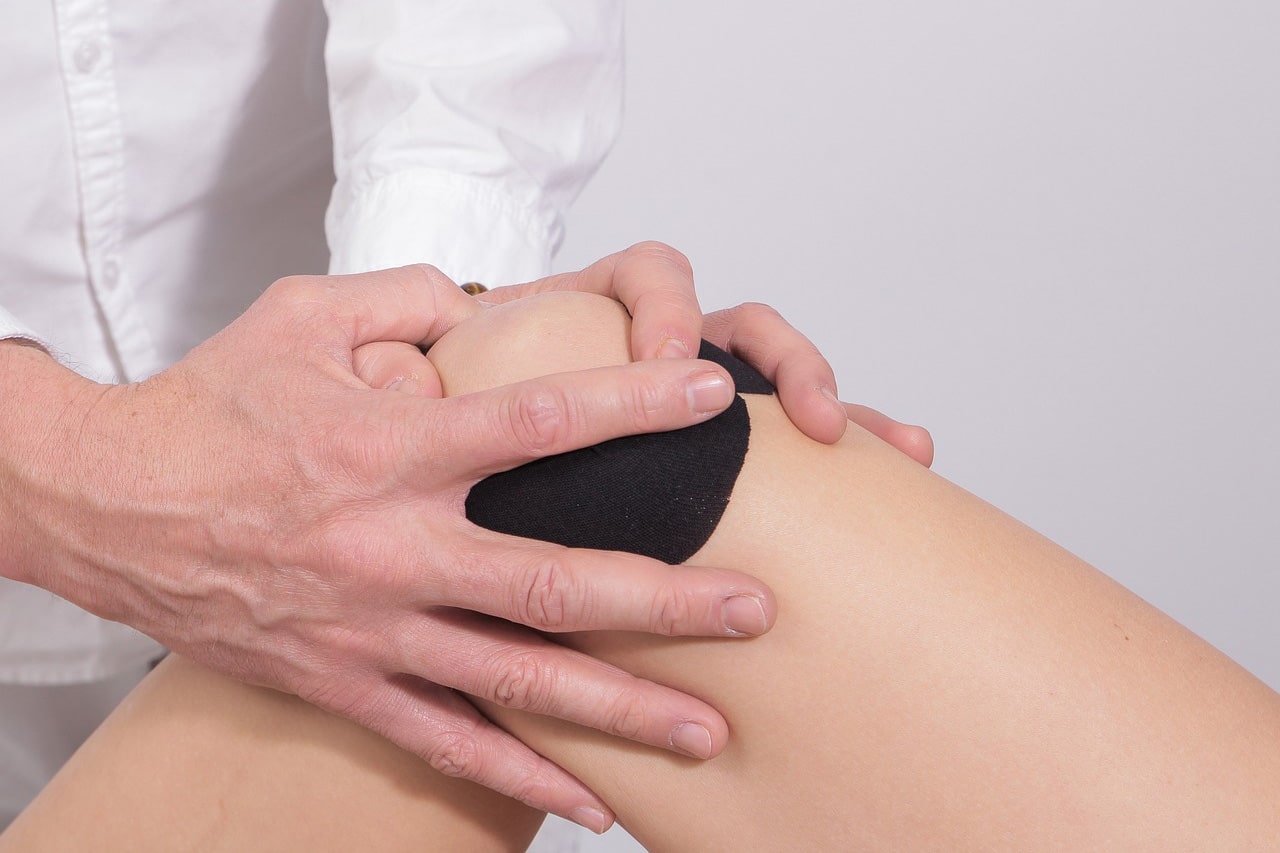There’s no sugar-coating it—recovering from joint surgery can be one of the most challenging times in your life. Keep your chin up and know that there are better times ahead – and that you will feel better in due time after your body is able to heal and revamp itself!
To help you make the absolute best of your recovery, we have put together the postoperative essentials for what you need to know about the times following joint surgery. Embodying these key concepts can provide you with a much more efficient and painless recovery process:
1. You are going to hurt after surgery
Joint surgery is not typically minimally invasive. A major adjustment, or series of adjustments are being made inside your body. You are likely going to have some pain, possibly worse than any pain you were already experiencing if you were in pain prior to the procedure. If you are lucky, the pain may not be too bothersome depending on your specific type of surgery – but it is always better to be prepared for the worst.
2. Cheer up! Pain isn’t forever
The pain will start to fade within the first few days of recovery, so don’t be discouraged. Plus, your physician will be there to support your pain management throughout the process.
3. You may have to go one step backward before you can take three steps forward
When you come out of surgery, you may experience even more limited mobility in the treated joint group than before surgery. This is natural due to the changes the surgeon made in your body, and physical therapy will help you regain your mobility and improve it!

4. Physical Therapy is going to suck!
You will likely be directed to conduct physical therapy in an assisted clinical environment for several weeks, or possibly even months, after your surgery. The phrase “physical therapy” sounds deceivingly like a good time, and is often thought to be a near cousin to the highly enjoyable “massage therapy.” This is not the case; physical therapy is going to be physically uncomfortable, especially in the beginning, as you begin to retrain your body.
5. Listen to your Physical Therapist
Licensed Physical Therapists are highly trained, well-educated medical professionals. Listen to your therapist. You won’t want to, because physical therapy is going to hurt, but you will need to push through the pain and take physical therapy seriously in order to heal properly.
6. Do Physical Therapy on your own!
This one is self-explanatory: take good notes from your therapist on exercises you can do at home throughout the day. Physical therapy in the clinic a couple times a week isn’t enough to do the trick; you will have to be persistent and work at your recovery plan on your own a bit as well. Owning an affordable pair of resistance loop training bands is highly recommended for your at-home physical therapy plan.
7. Keep Moving!
We mean this both physically and motivationally! Physically, your body cannot afford laziness or stagnation during this recovery time. Don’t overdo it, because you will need time to heal after the surgery, but do not get too complacent – as more time passes after your surgery, you should be moving around more and more until movement begins to feel easier. Remember: this is going to make you better and improve your wellbeing and the world around you in the long run, so don’t give up!
8. Give yourself the proper resources to aid in a faster and more painless recovery
There are many tools you can use that will aid in this process. Athletic knee braces, elbow braces, knee sleeves, and muscle roller sticks are all great items that you can either wear or use on your body to support recovery and help relieve pain. Further, wearing compression socks or compression sleeves may be particularly helpful to improve blood circulation while you are recovering from surgery.



